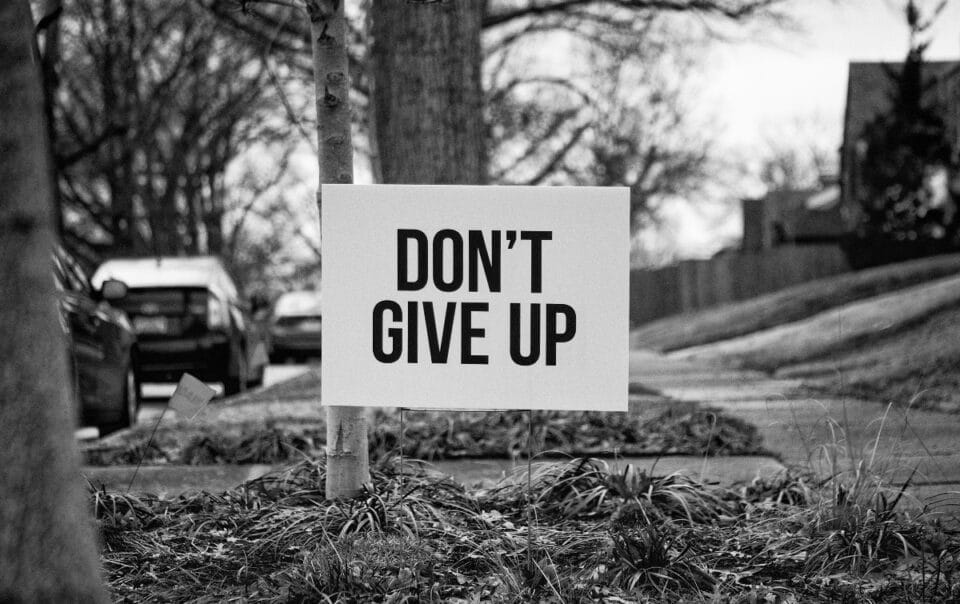
How Prescription Drugs Can Lead to Dependency and Addiction
There are several reasons why a doctor may prescribe medications for a patient. It may be after an injury or surgery or to treat a mental health condition. Despite being prescribed with good intentions, prescription drugs can be highly addictive and lead to dependency. Sedatives, stimulants, and painkillers may put a person at risk of developing substance use disorder (SUD). For this reason, it is vital to be cautious about the types of prescription medications you use and be able to identify warning signs of prescription drug addiction.
To prevent prescription drug dependency, individuals must be proactive, not reactive. Learning more about prescription drug addiction will equip you with the tools and knowledge to help you and the people you love avoid developing SUD.
Why Do Individuals Take Prescription Drugs?
Prescription medications, according to the National Institute on Drug Abuse (NIDA), “can be helpful in treating many illnesses” when prescribed by a doctor. The NIDA indicates a few reasons why doctors may prescribe such drugs, including the following:
- Stimulants help manage attention-deficit/hyperactivity disorder (ADHD) and narcolepsy
- Central nervous system (CNS) depressants can help treat anxiety, panic, and sleep disorders
- Opioids are often prescribed to treat pain
Many drugs fall under the “prescription medication” umbrella. Despite the potential risks, prescription medications can be extremely effective when used as prescribed. Unfortunately, many are also highly addictive. The Centers for Disease Control and Prevention (CDC) describes prescription drug misuse and overdoses as a “major public health concern.” According to the CDC, deaths involving pain-relieving drugs have tripled since 1999, including 16,000 deaths alone in 2013.
Typical addictive prescription medications that are highly addictive include:
- Opioid painkillers such as Vicodin, Percocet, OxyContin, Oxycodone, Fentanyl, Morphine, and Codeine
- Benzodiazepines, like Xanax, Klonopin, and Valium
- Stimulants, including Adderall and Ritalin
As mentioned, prescription medications help individuals cope with health conditions. But unfortunately, when people begin to misuse them, things can take unexpected and even lethal turns for the worse.
Effects of Prescription Drugs
In the past, the CDC has disclosed statistics indicating an increase in the number of women struggling with prescription drug addiction compared to men. Nevertheless, men are just as susceptible to becoming dependent on these drugs. The effects of prescription medication vary depending on the person and the type of prescription drug.
According to the NIDA, there are several health effects a person may experience. These include both short- and long-term effects. Short-term effects may include pain relief, drowsiness, nausea, euphoria, and slow or shallow breathing. Long-term effects include an increased risk of overdose or death and the development of SUD and other physical or mental health conditions.
These effects may also be more harmful or intense depending on what prescription drugs are taken with. For example, the NIDA indicates that taking prescription medications with alcohol can lead to “dangerous slowing of heart rate and breathing leading to coma or death.” Additionally, prescription medication withdrawal symptoms can be painful or uncomfortable. That is why seeking treatment and detoxing in a facility is crucial.
Signs of Prescription Drug Addiction
There is no single reason some men may develop an addiction to prescription medication. Some may begin misusing a prescription to feel good, relax, ease pain, improve concentration, or cope with mental health conditions. A person may not be as cautious with a prescription medication because it was given to them by their doctor. This also makes it harder to recognize the signs of prescription drug addiction.
Five indicators of prescription drug addiction include:
- The inability to stop or control prescription drug use
- Experiencing withdrawal symptoms when trying to restrict substance use
- Taking prescription medications for longer than expected or in higher doses than prescribed by your doctor
- Doctor shopping – going to different doctors in an attempt to get new prescriptions
- Developing a higher tolerance for prescription medications, causing the need to use more to experience similar effects
These are just a few signs to look out for regarding prescription drug addiction. However, despite being able to recognize the symptoms, you may be wondering how you can prevent prescription drug misuse altogether.
Prescription Drug Misuse Prevention
Preventing prescription drug misuse does not just fall on the patient. The NIDA indicates that doctors, patients, and pharmacists must all aid in identifying and preventing prescription drug misuse. Doctors must observe their patients and ask questions to determine if a patient is misusing their prescription. Prescription drug monitoring programs (PDMPs) can also help track prescription drug distribution to prevent misuse.
You can prevent prescription drug addiction by:
- Taking medications as prescribed
- Educating yourself on the risks associated with prescription drug use
- Not changing dosages without discussing it with your doctor
Reach out to Healing Pines Recovery today to learn more about prescription drug addiction or seek treatment for yourself or a loved one.
Prescription drug addiction impacts the lives of many Americans, with the Centers for Disease Control and Prevention (CDC) declaring it a significant public health concern. While the CDC’s research has shown a greater prevalence of prescription drug addiction in women, men also struggle with prescription drugs. Despite the good intentions of physicians in prescribing medications, many are highly addictive and tempt individuals to misuse them. The best way to prevent prescription drug addiction is to educate yourself on the risks of prescription drugs, take them as prescribed, and learn to recognize the signs within yourself or a loved one. If you are currently struggling with an addiction to prescription drugs, call Healing Pines Recovery at (720) 575-2621.
Paul Leafstedt
Paul was born and raised in the beautiful state of Colorado. He went to college in California at CAL Poly Pomona, majoring in Mechanical Engineering. Being a person in recovery and always finding fulfillment in helping others succeed, Paul co-founded a treatment center in California with 4 other partners. Paul came back to Colorado to continue his journey in the field of addiction, and to share his vision for Healing Pines Recovery. “Colorado is such a magical place for me, its natural beauty and peace lend itself for the perfect environment to connect with yourself and others. Healing Pines is different, it’s real, you can feel it. What you see is what you get here. This is a safe place to dig deep and be vulnerable, to re-discover yourself, what the world has to offer and what you have to offer the world.”Begin Your Journey & Escape Addiction
The first step can be the hardest. Fill out the form or call us at (720) 575-2621. You will be connected with a Healing Pines Recovery specialist who can answer your questions and help you get started.
Let Us Help You
Speak to Someone Right Now







